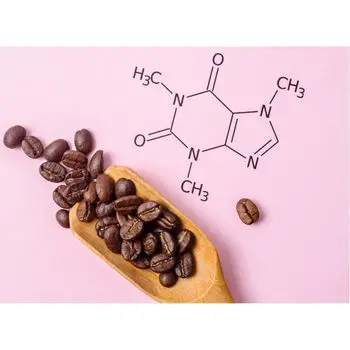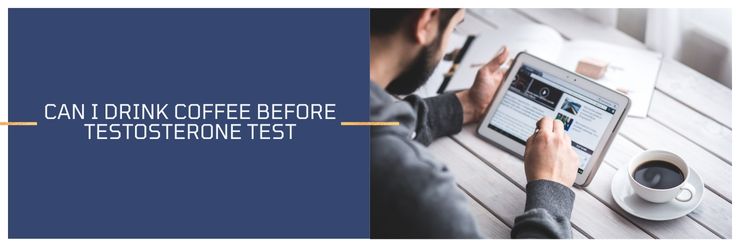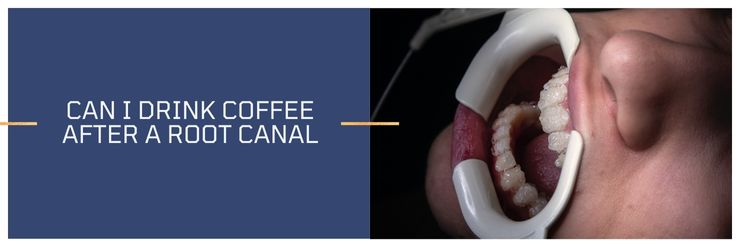Many people love coffee for its rich flavor and energizing effect. But what exactly is it about coffee that gives us that burst of energy, and does coffee naturally have caffeine?
The caffeine in coffee comes from the beans themselves. Coffee beans are actually seeds from coffee cherries, and these seeds contain caffeine. When the coffee beans are roasted, the caffeine is released, which is why we get that energizing effect from drinking coffee.
So how does caffeine work? Caffeine is a stimulant, which means it speeds up the nervous system. This can lead to increased alertness, decreased fatigue, and improved mood. Caffeine can also help to improve mental and physical performance.
Does coffee naturally have caffeine
Caffeine is actually a chemical compound that’s found in leaves, seeds, and fruits. Yes, coffee beans come from a type of coffee fruit that also contains caffeine. But coffee beans are one of the most common sources of caffeine in our diets.
So, does this mean that all coffees naturally have caffeine? Let’s take a closer look.

All coffees contain caffeine – but the amount can vary greatly. For example, Arabica beans typically have lower levels of caffeine than Robusta beans. And, coffees from Africa generally have more caffeine than coffees from other regions.
Coffee beans that have been roasted for a longer time also tend to have less caffeine. So, if you’re looking for a coffee with less caffeine, you might want to try a light roast. This is because the roasting process breaks down the caffeine molecules, so darker roasts have less caffeine.
The way you prepare your coffee can also affect the caffeine content. For instance, cold brew coffee generally has less caffeine than hot brew coffee.
Do coffee beans naturally have caffeine
Coffee beans are one of the most concentrated sources of caffeine in the world. On average, a single arabica coffee bean contains about 6mg of caffeine. And when you brew a cup of coffee, you typically use around 90-150 beans. That means a cup of coffee can have anywhere from 60-250mg of caffeine.
Coffee beans contain about 1-2% caffeine by weight, meaning that a cup of coffee made with 10 grams (0.35 ounces) of coffee beans will contain about 100 mg of caffeine.
To answer the question – coffee beans naturally have caffeine. But the amount of caffeine in your cup of coffee will depend on a number of factors, like the type of bean, how it’s roasted, and how you prepare it.
Where does caffeine come from
Caffeine is actually a natural occurrence. It’s found in the leaves, seeds, and fruits of more than 60 plants. The two most common sources of caffeine are coffee beans and tea leaves. But caffeine is also found in cocoa beans, kola nuts, guarana berries, and yerba mate leaves, among other things.
The caffeine molecules are absorbed by the plant from the soil and then travel up to the leaves. Once the plant has been harvested, the caffeine remains in the leaves, seeds, or fruits.
Caffeine is a central nervous system stimulant. That means it can speed up the messages traveling between your brain and body.
When we brew a cup of tea or coffee, we’re essentially extracting these caffeine molecules from the plant material and dissolving them into our hot water. That’s why we get a caffeine “kick” from our morning cup of joe.
Does coffee have synthetic caffeine
Most of the caffeine in coffee comes from the beans themselves. But there are a few brands that add extra caffeine to their coffee. For example, some instant coffees and energy drinks may have added caffeine.

Synthetic caffeine is a stimulant made in a lab. It’s chemically identical to natural caffeine, which is found in coffee, tea, and chocolate. Synthetic caffeine is used as a dietary supplement and is also found in energy drinks and weight-loss products.
The majority of experts agree that synthetic caffeine. is safe in moderation. And as with anything else, it’s important to avoid overdosing on caffeine in order to minimize any potential risks.
Natural caffeine vs synthetic caffeine
Most natural caffeine comes from coffee beans, tea leaves, and cacao seeds. The caffeine in these plants is known as “plant-based caffeine.”
Synthetic caffeine, on the other hand, is produced in laboratories. It’s often added to energy drinks, sodas, and other beverages.
Natural caffeine is absorbed more slowly by the body than synthetic caffeine. This is because it’s bound to other compounds in plants, which slow down its absorption.
For example, coffee also contains chlorogenic acids, which can improve metabolism and help burn fat.
Synthetic caffeine, on the other hand, is not bound to other compounds and is absorbed more quickly by the body. This can lead to a more immediate, but also shorter-lived, energy boost.
Natural caffeine vs caffeine anhydrous
Caffeine anhydrous is a dehydrated form of caffeine that’s popular among athletes and bodybuilders. It’s also known as “pure caffeine.” Caffeine anhydrous is absorbed more quickly by the body than natural caffeine, which means it can provide a quick energy boost.
Most people can tolerate moderate amounts of caffeine with few or no side effects. However, some people are more sensitive to its effects and may experience side effects at lower doses.
Caffeine anhydrous is more likely to cause side effects because it’s absorbed more quickly by the body. Its molecules are not bonded to water, which makes it more potent than other forms of synthetic caffeine.
If you’re sensitive to caffeine, natural caffeine may be a better choice. A single teaspoon of caffeine anhydrous can contain the same amount of caffeine as 28 cups of coffee.
And since it’s easy to overdose on synthetic caffeine, it can be dangerous. In fact, the FDA has reported several cases of seizures and even death related to synthetic caffeine.
Conclusion
Let’s cut to the chase – yes, coffee does naturally have caffeine. A typical cup of coffee contains around 60-200mg of caffeine, depending on the bean, brewing method, and serving size.
Caffeine has been shown to have various positive effects on the body, including improved mental clarity and energy levels.
However, it’s important to note that too much caffeine can also have negative effects, such as increased anxiety levels and disrupted sleep patterns. So if you’re looking for a pick-me-up, enjoy a cup of coffee but be mindful of how much caffeine you’re consuming.






